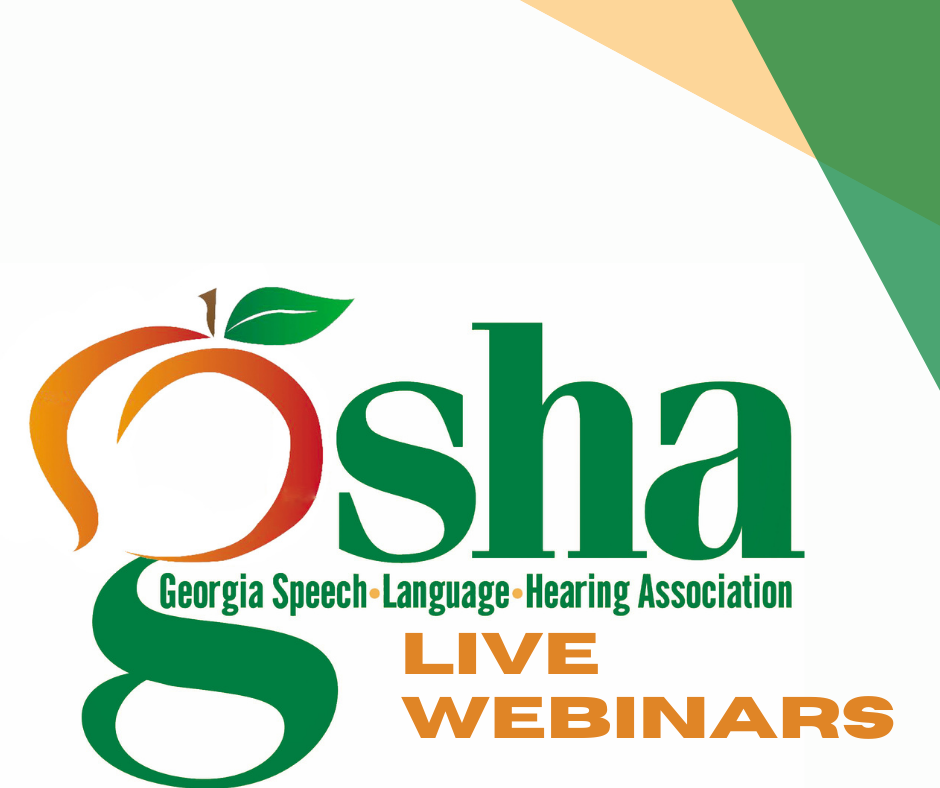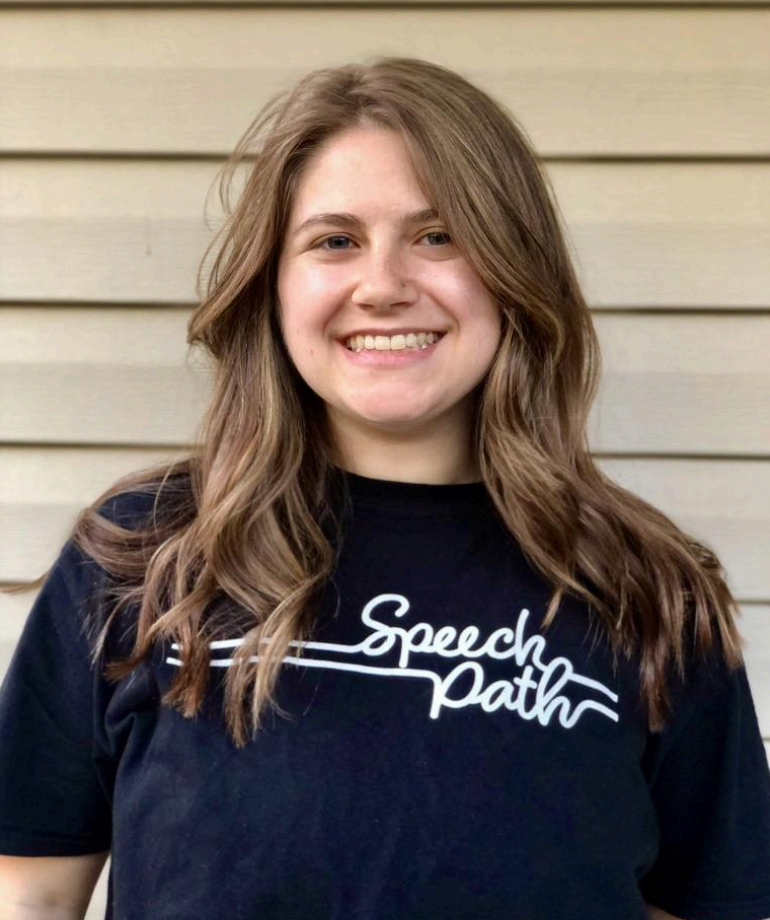
Gestalt Language Processing and Natural Language Acquisition: Background and Application to
Clinical Practice
Wednesday, April 24 from 6-8pm via Zoom
Presented by: Maggie Steranko, M.S., CCC-SLP
Earn 0.2 ASHA CEUs
Complimentary for GSHA members and $25 for non-members
No discount code required, just log in!

Summary:
Children and adults can process language in two ways: as Gestalt Language Processors (GLPs) or
Analytic Language Processors (ALPs). Those who process language as a GLP learner, progress
through stages of Natural Language Acquisition (NLA), rather than the “typical” stages of
language development. GLP learners are most often noticed through their persistent use of
echolalia and scripting. Assessment and intervention for GLPs are designed to identify what
stage of NLA a child/adult is in and help them progress through the stages, working toward
novel, self-generated language. The use of high tech AAC as supplementation to verbal speech
can also be beneficial for these language learners.
This course provides real-world case studies from assessment, to intervention, to discharge, as
well as recent research and parental feedback to support all aspects of evidence based practice.
Attendees will demonstrate understanding of the basis of GLP and NLA and be able to apply it to
various, neurodiverse clients to best support their language development.
Learning Objectives:
As a result of this course, participants will be able to:
● Name the stages of Natural Language Acquisition and provide examples of language that might fit into each
● Define what “immediate echolalia,” “delayed echolalia,” “scripting,” “gestalt,” and
“mitigation” mean
● Score a language sample with the appropriate corresponding stage of Natural Language Acquisition
● Communicate an “elevator” pitch to parents and other professionals about Gestalt
Language Development and how it is important for how a client learns
● Use AAC to support Gestalt Language learners, at a rudimentary level
● Write neuro-affirming goals that support progression through stages of Natural Language Acquisition
● Identify Gestalt Language Processors within an evaluation from language samples and parent interviews
Time Ordered Agenda:
6:00 pm-6:05 pm: Introduction
6:05 pm-6:20 pm: Overview of Natural Language Acquisition Stages
6:20 pm- 6:40 pm: Explaining the Cognitive Shift for Therapists and Possible Challenges
6:40 pm -7:00 pm: Language Samples and Scoring Based on Natural Language Stages
7:00 pm- 7:20 pm: Check-In for Questions
7:20 pm -7:40 pm: AAC Implementation and Modeling
7:40 pm -7:50 pm: Goal Writing for Gestalt Language Processors
7:50 pm -8:00 pm: Questions /Wrap Up
Disclosures:
Maggie has no relevant financial or nonfinancial relationships in the products or services described, reviewed, evaluated or compared in this presentation.
Speaker's Biography:
Maggie Steranko, M.S., CCC-SLP, earned her master’s degree at East Tennessee State University and her bachelor’s degree at Appalachian State University. Maggie’s specific areas of interest include gestalt language, feeding, and AAC use.
Maggie has experience treating clients of all ages, across a variety of populations and settings, for a range of speech, language, and feeding disorders.
Maggie specializes in Augmentative and Alternative Communication (AAC) and has experience working with software companies such as Dynavox, PRC, and Saltillo to obtain devices for children, as well as ongoing therapeutic use of a variety of devices. Maggie is trained in Meaningful Speech™ focused on child-led therapy, gestalt language processing, and the Natural Language Acquisition (NLA) framework, developed by Marge Blanc (2012).
Maggie enjoys making therapy play-based and functional to meet the needs of all client and family interests. She often reviews the research to be sure her intervention choices are the most up to date. Maggie’s favorite part about the field is the connections she makes with clients and their families!
In her spare time, Maggie enjoys fostering dogs, reading, exercising, getting outdoors, and spending time with friends.



|